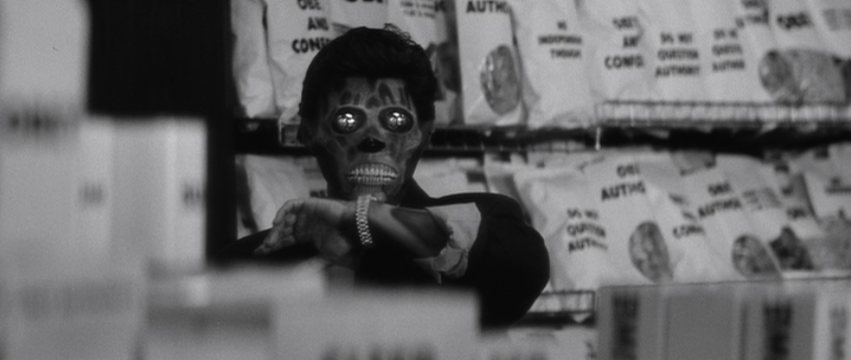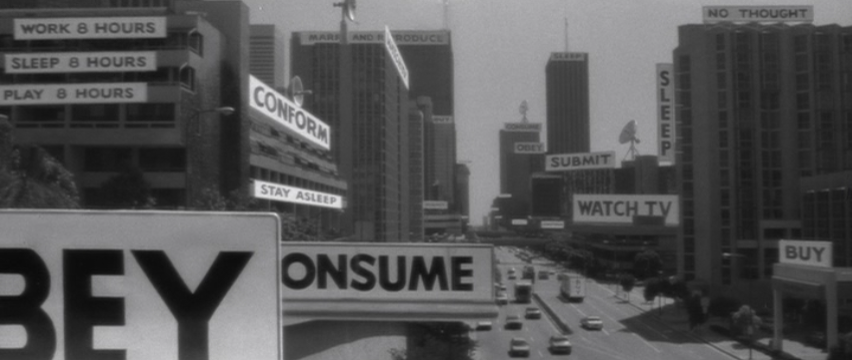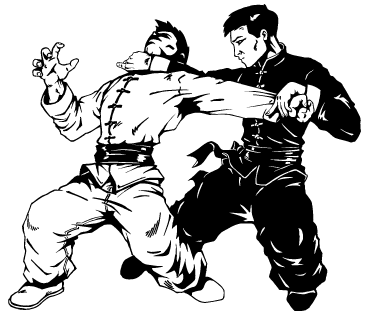Save a Dozen Lives in Three Easy Steps
Chicago
The word “kidnapping” actually comes from the court of pre-Revolutionary France, when marauding noblemen would don kid gloves and nab commoners right off the streets, scooping them into their carriages and force-feeding them croissants and heavy cream. As for the poor bastards lying here in the Groupon offices, they’re probably thinking a croissant wouldn’t be so bad right about now, that anything would be an improvement over being trussed up like a hog by an obviously disturbed person with a neckbeard, a  sawed-off shotgun and a MacBook Air, a person who I want to assure you is quite willing to shoot the face clean off any or all of these hostages unless the following demands are met:
sawed-off shotgun and a MacBook Air, a person who I want to assure you is quite willing to shoot the face clean off any or all of these hostages unless the following demands are met:
1. Like cigarettes in prison, the size of your yacht and those bead strings they hang over pool tables, money is a handy way to keep track of who’s winning and losing in life’s ongoing Darwinian struggle. It can also be used to buy accordion repair training, stuff an extremely expensive scarecrow or perhaps save the lives of a dozen quietly sobbing office workers, their hands slowly turning purple as the ropes binding their wrists cut off their circulation and placate the otherwise vengeful and jealous hemp gods. So go ahead and deliver one million dollars in used twenty, fifty and one hundred dollar bills, financing my new life on the lam and depriving a pica-stricken bank employee of an illicit snack.
2. Before the invention of the automobile, loose wheels careened freely through the streets, bowling over helpless pedestrians and making horses rear up in fright. Help to avert bouncing, circular chaos by providing a brand-new, fully fueled automobile with four securely fixed wheels, as well as a police scanner and dark tinted windows. Said auto should also have sufficient room to accommodate two bound and gagged abductees, who will be released only when I’m certain I’m not being followed by law enforcement, TV news crews or hostage fetishists.
3. In addition to providing a valuable way to rid the world of old tin cans, firearms can bring families together over a mutual loathing of clay pigeons or a shared passion for earmuffs and tinted safety glasses. They can also, when delivered to the foyer of the Groupon offices in sufficient quantities, aid in the escape of a copywriter who once had dreams of being the next Thomas Pynchon but who now has written so many absurd come-ons for restaurants, hair salons and health spas that he is all but incapable of expressing a thought without resorting to nonsensical metaphors or made-up history or some other labored exercise in smirking hipster bullshit. Do you know I keep a notebook under my pillow just in case I wake up at three in the morning with a new euphemism for tanning bed? Yeah. You do now. That’s why you’re going to deliver two revolvers with five hundred rounds of ammunition, a hundred 20-gauge shotgun shells, a ballistic vest and a gas mask. Also supply six fragmentation grenades, suitable for thwarting pursuing FBI agents, enticing shrapnel collectors or removing sugar glider infestations.
Bring the cash and weapons to the sixth floor of 600 W. Chicago Avenue and leave the vehicle parked outside, the engine running and the doors unlocked. No tricks, snipers, double-crosses, voodoo hexes or skunk eye. Follow these instructions and these twelve people will go on living, dutifully recycling oxygen for trees and robbing the funeral industry of sought-after revenue for many years to come.
In a Nutshell
Fed-up Groupon scribe demands money, escape vehicle and weapons, as well as renewed sense of dignity and purpose, in exchange for lives of twelve hostages
The Fine Print
Expires in two hours, at which point one hostage will be executed, followed by another hostage for each additional hour these demands are not met. Limit 1 per order. Valid only for option purchased.






